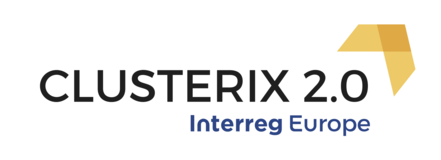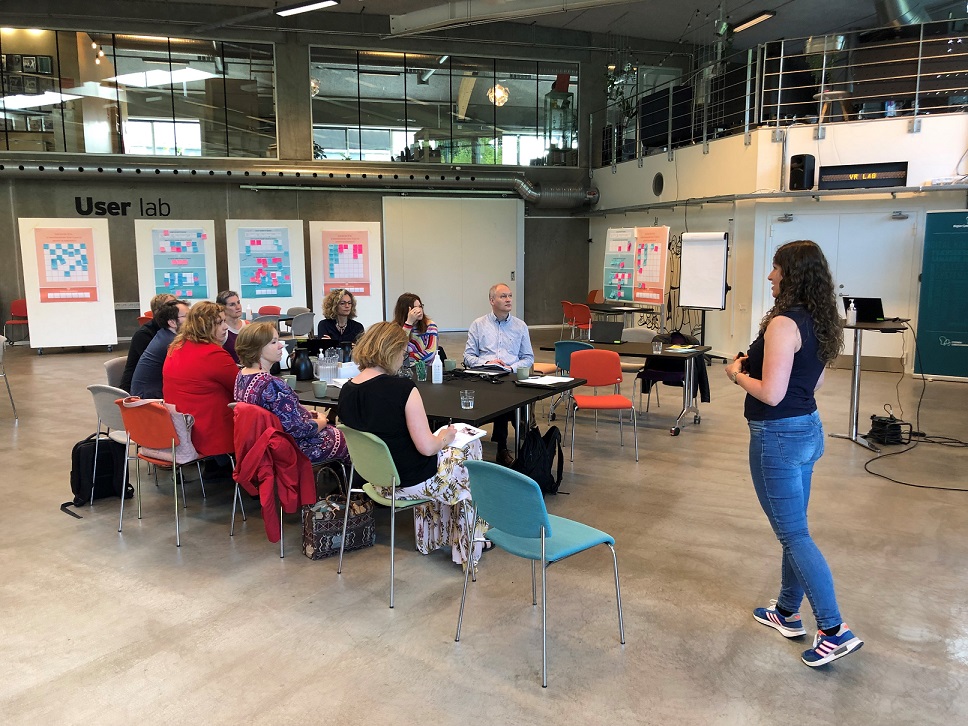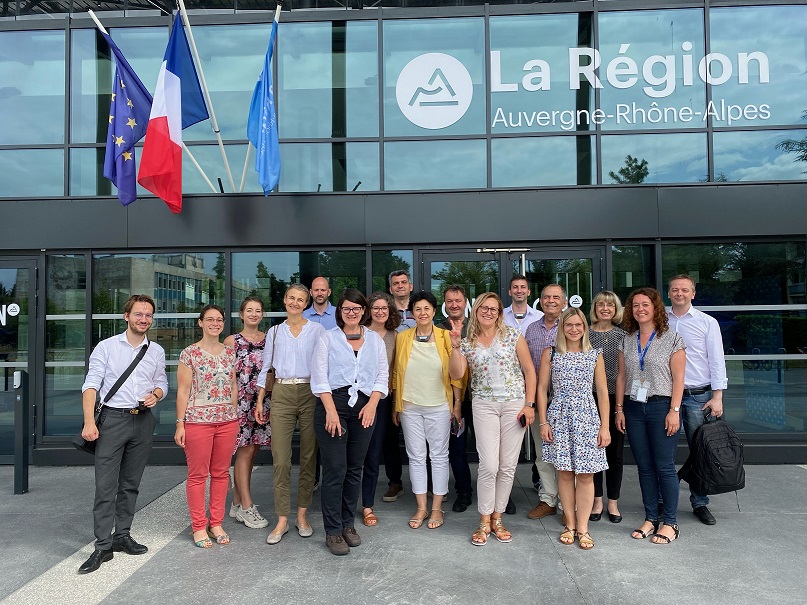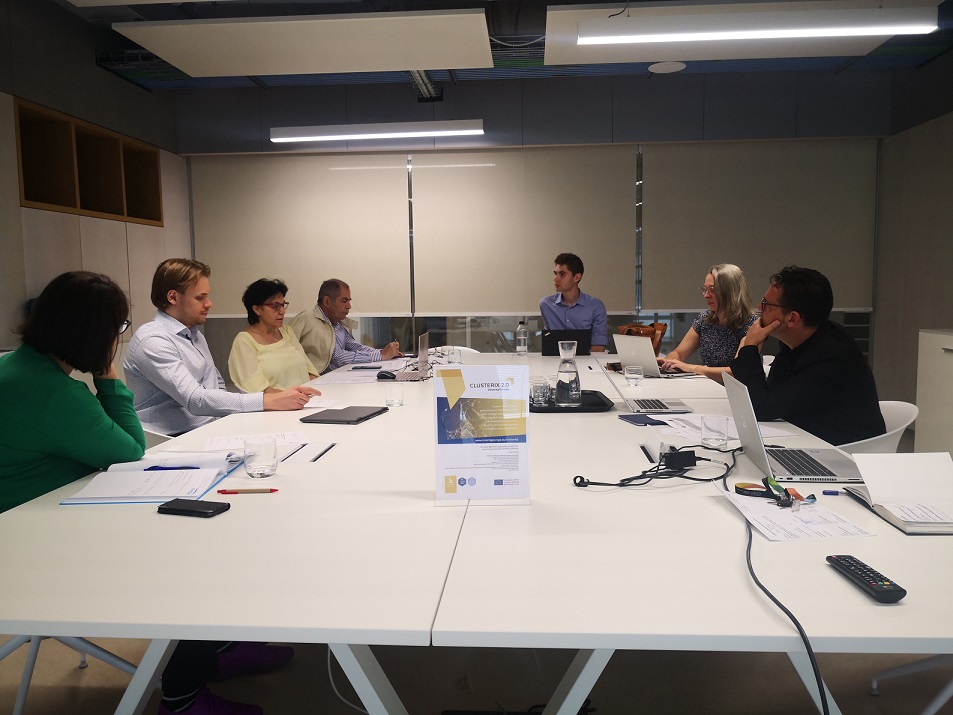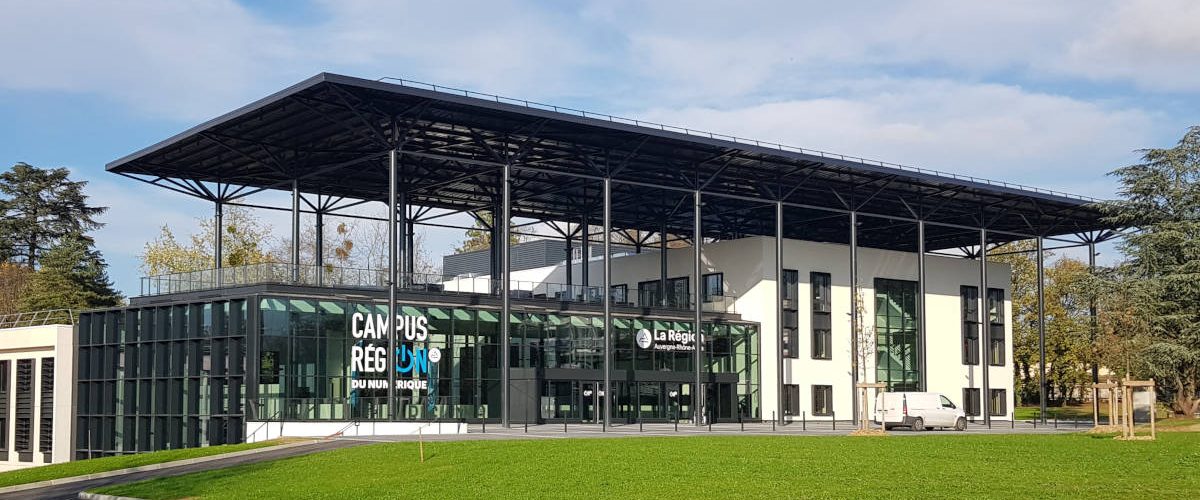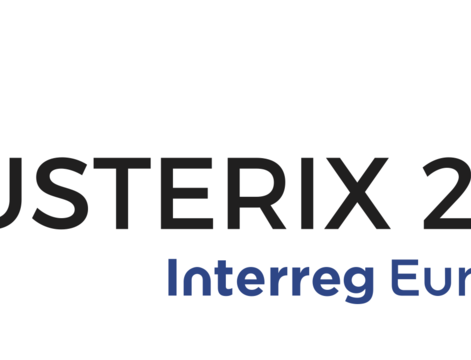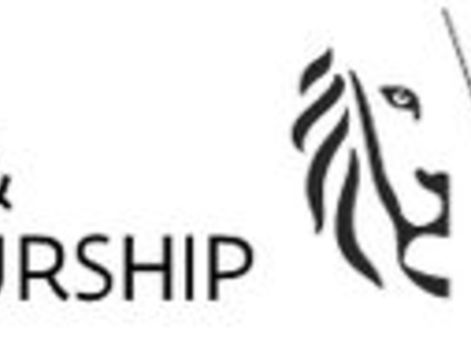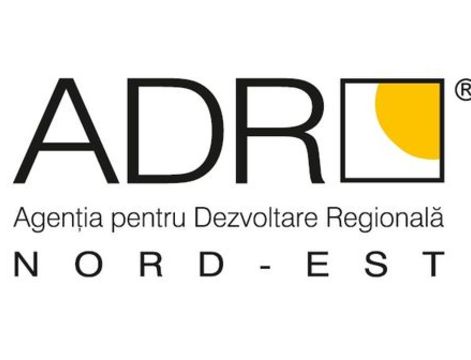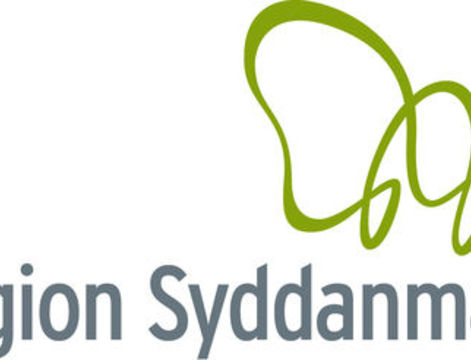On 21 June 2016 the Interreg Europe project CLUSTERIX 2.0 – New Models of Innovation for Strategic Cluster Partnerships organized an open workshop aiming to get a better overview on relevant cluster initiatives and programmes (currently running and upcoming) at European and inter-regional level.
Under the rapid pace of change, the cluster world registers a shift towards increasing attention on the “together-factor”, reflected also at macro level, for example regions looking in a structured way to the opportunities offered by joint investments. At micro level, entrepreneurship and the “start-up revolution” cannot be ignored by the cluster structures. The internationalisation processes are no longer just about market enlargement, but about strategic alliances related to the global value chain. So how do clusters (organisations) position themselves and act in this new environment? How can they make better use of the new opportunities?
European experts opened and guided the discussions of the audience consisting not only of the CLUSTERIX 2.0 partners representing cluster organisations, cluster policy makers and Managing Authorities of Structural Funds, but also external experts). Gerd Meier zu Köcker (European Cluster Observatory and ESCA) introduced the special methodology developed for a cluster policy peer review, Michael Johnsson from the Skåne European Office in Brussels presented The Vanguard Initiative – New Growth Through Smart Specialisation. The European Cluster Collaboration Platform and the Interreg Europe Policy Learning Platforms were introduced by Lucia Seel, International Cluster Expert, as important tools and initiatives for connecting with other clusters and policy learning. Annie Renders from Flanders Innovation & Entrepreneurship showcased how 3 innovation agencies in Europe cooperate on the design of innovation support for SMEs operating in cross-border business value chains.
The discussions were fed and enlarged by the input brought by Cecilia Johansson from Tillväxtverket on Sweden’s Cross-Cluster Support Programme, Torben Hede, head of the Sony Mobile NextStep Start-up Program and by Lennart Svensson from Region Skåne who presented the region’s Mobile Health Initiative and the Food & Cross-Cluster Project, as two most innovative and forward-looking regional initiatives as inspiring good practices for other European regions.
